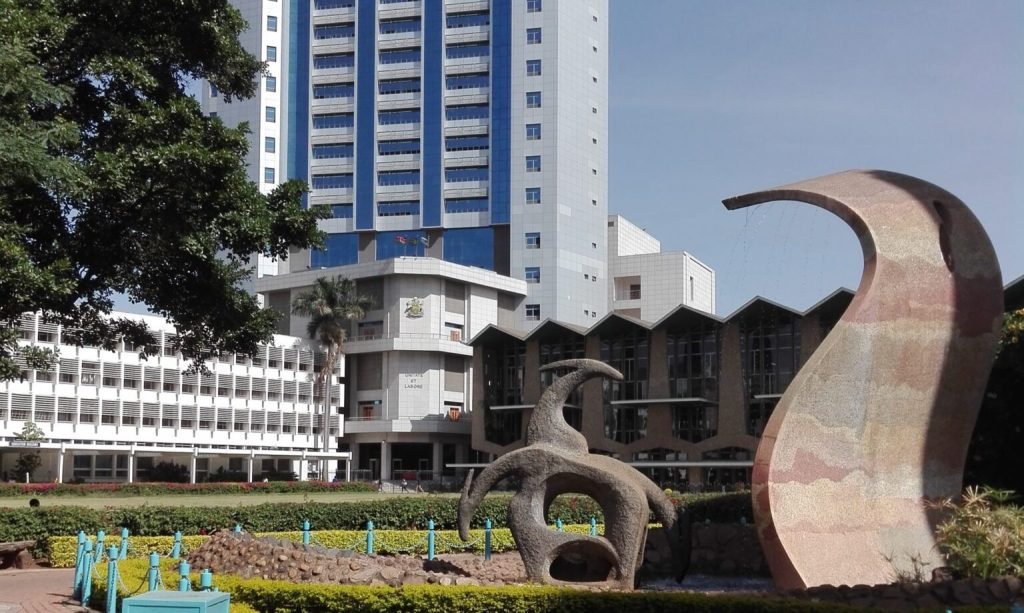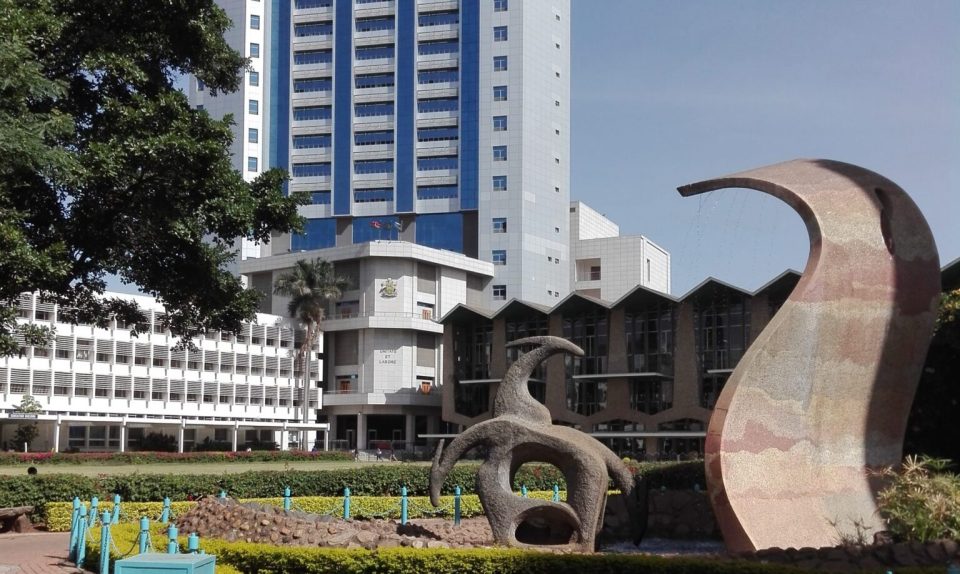
At the centre of the probe is how some of the university’s valuable properties ended up under private ownership, either through questionable leases or outright illegal acquisition
A fierce battle for control over the University of Nairobi’s (UoN) massive assets—estimated at Sh211.3 billion—is at the heart of recent governance turmoil at Kenya’s premier institution of higher learning.
Investigations reveal that the Ethics and Anti-Corruption Commission (EACC) has launched a wide-ranging probe into the university’s financial and property dealings. This comes as the EACC begins prosecuting members of the university council, including its chair, Prof Amukowa Anangwe, over the controversial reappointment of Brian Ouma as acting Chief Operations Officer.
“The EACC is also pursuing advanced investigations into allegations of misappropriation of public funds and irregular leasing of university land by senior officials,” the agency stated.
At the centre of the probe is how some of the university’s valuable properties ended up under private ownership, either through questionable leases or outright illegal acquisition. Auditor-General Nancy Gathungu has also flagged the same concerns, noting an absence of documentation to prove revenue from these assets or clarity on the beneficiaries.
The EACC is currently reviewing a comprehensive list of university properties. One high-profile example involves a two-acre parcel on Lower Kabete Road (LR NO. 1870/111/71) in Spring Valley, previously housing university staff. It was leased for 20 years to Maar Petroleum at Sh700,000 per month. The original house was demolished, and a petrol station, apartment complex, and a retail block were constructed on the site. Gathungu’s audit raised alarms over how such long-term developments—expected to last over a century—will be handled once the lease expires.
Construction of a petrol station
The construction of the petrol station triggered legal action in 2023 when Kyuna Neighbours Association and Shanzu Road Residents Association moved to court to halt the project, arguing that it violated Nairobi County zoning laws. Despite a court order, company directors Yusuf Abdi Hussein and Omar Ibrahim Abdi were found in contempt for continuing construction. Gathungu’s report notes that there is no documentation on how the lessee was selected, if the land was appraised beforehand, or whether the rent reflects the property’s actual value.
Still in Spring Valley, another parcel (LR NO. 7468/9) was leased to American Tower Corporation, which erected a communication mast. However, no trace of the company could be found in Kenya’s business registry.
A new title deed for the land has been issued, implying it may have been sold. Yet, there are no council minutes authorizing the transaction, nor any traceable revenue stream linked to the lease in the university’s accounts.
In Kilimani, a one-acre plot on Kayahwe Road, featuring a main house and staff quarters, has also raised red flags. It has reportedly been leased to an unidentified individual who sublet it to Al’s Pride Car Dealers. A section of the property has been fenced off, suggesting it may have been carved out for private use. According to the audit, no lease document was provided, and the lease is not registered on the title. Moreover, there is no record of rental income being received by the university.
Other prime properties
Another key asset under scrutiny is a house in Hurlingham that formerly served as council offices. While part of the property was repurposed for new council offices on Ngong Road, the other section was fenced off in a way that suggests potential privatization. No revenue has been recorded from the house now being rented out.
The probe also covers additional prime properties, including:
- 10 acres at Kanyariri Farm in Kiambu County,
- 40 acres behind ANP Hostels in Loresho,
- 100 acres at the Kibwezi Field Station,
- 20 acres leased to Shamba Cafe Hotel in Loresho Ridge,
- 6 acres near Dusit Hotel on Riverside Drive.
Auditor-General Gathungu has also highlighted serious financial mismanagement related to the proposed Engineering and Science Complex. Despite nearly Sh100 million already spent—mainly on allowances and a feasibility study—no tangible construction work has begun.
University Academic Staff Union (UASU) Nairobi chapter secretary, Dr. Maloba Wekesa, underscored the irregularities and questioned the financial accountability of the university’s leadership.
The leadership crisis has also spilled into the courts. Education Cabinet Secretary Julius Ogamba recently dissolved the university council, but Prof. Anangwe obtained a court order temporarily halting his removal. The rift between the university and the Ministry of Education has been deepening.
In a sworn affidavit, Principal Secretary for Higher Education Beatrice Inyangala accused Prof. Anangwe of repeatedly excluding ministry representatives from council meetings. A letter dated August 28, 2024, from the Director of Higher Education, Darius Mogaka Ogutu, recounts how he was forcibly removed from a meeting by security on Prof. Anangwe’s orders. The same meeting, held without ministry representation, is where the council resolved to suspend Vice Chancellor Prof. Stephen Kiama.
Meanwhile, the EACC is also reviewing Sh29.6 million in council expenses for the financial year ending June 30, 2024. Of this, Sh8.7 million was paid out as sitting allowances and Sh17.5 million went to travel and accommodation.
These developments paint a troubling picture of financial opacity, governance breakdown, and internal power struggles within Kenya’s wealthiest public university.
There's no story that cannot be told. We cover the stories that others don't want to be told, we bring you all the news you need. If you have tips, exposes or any story you need to be told bluntly and all queries write to us [email protected] also find us on Telegram

